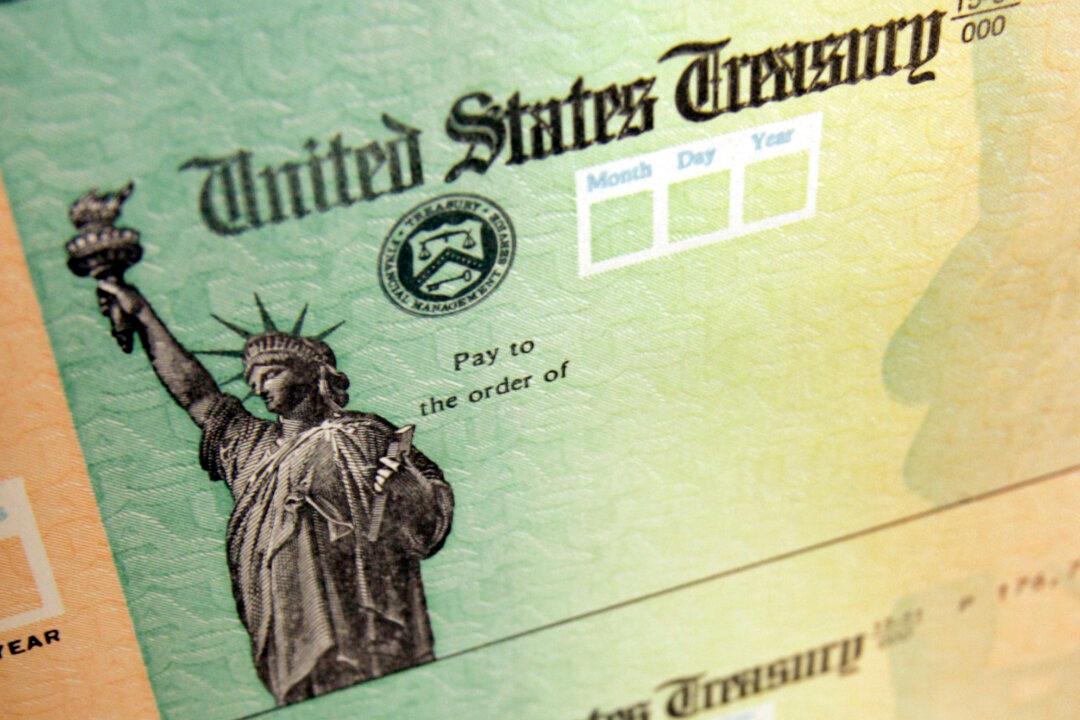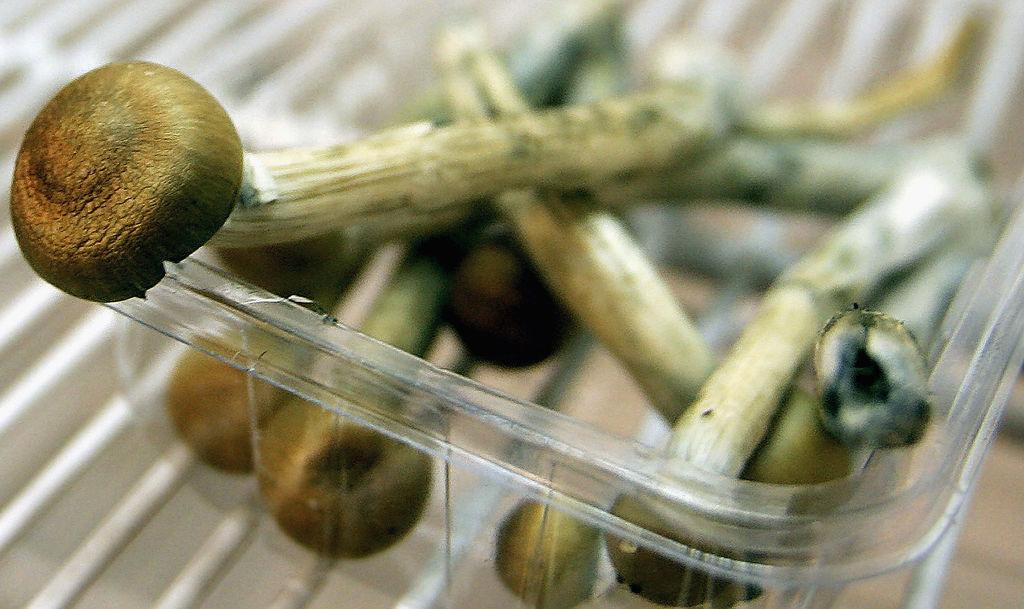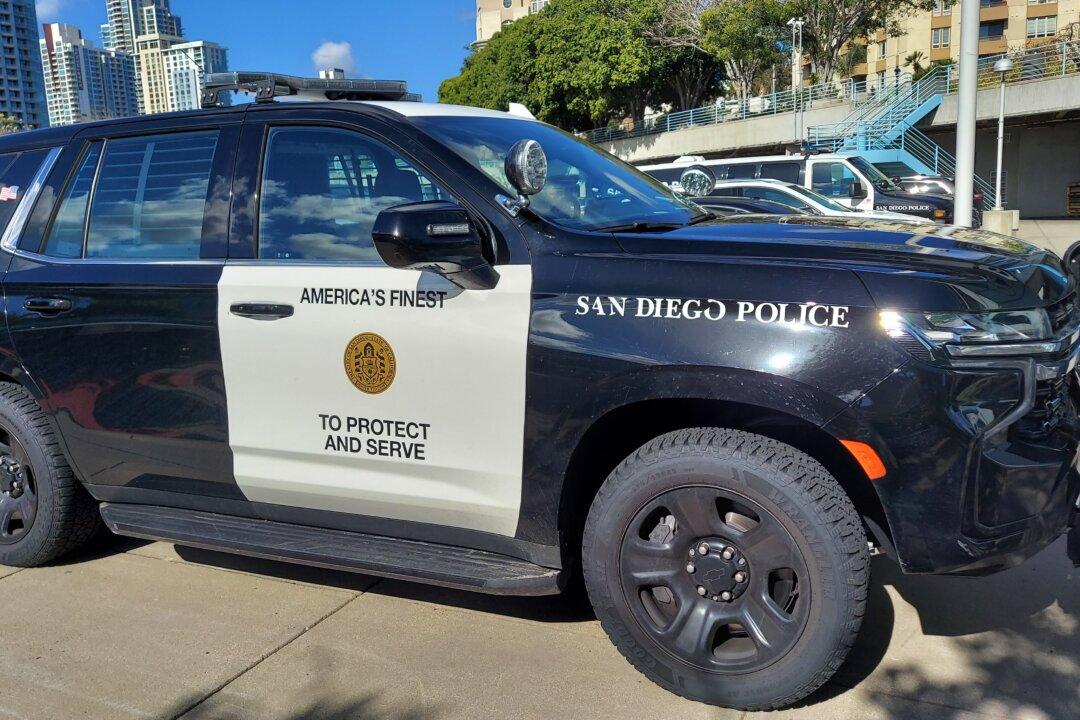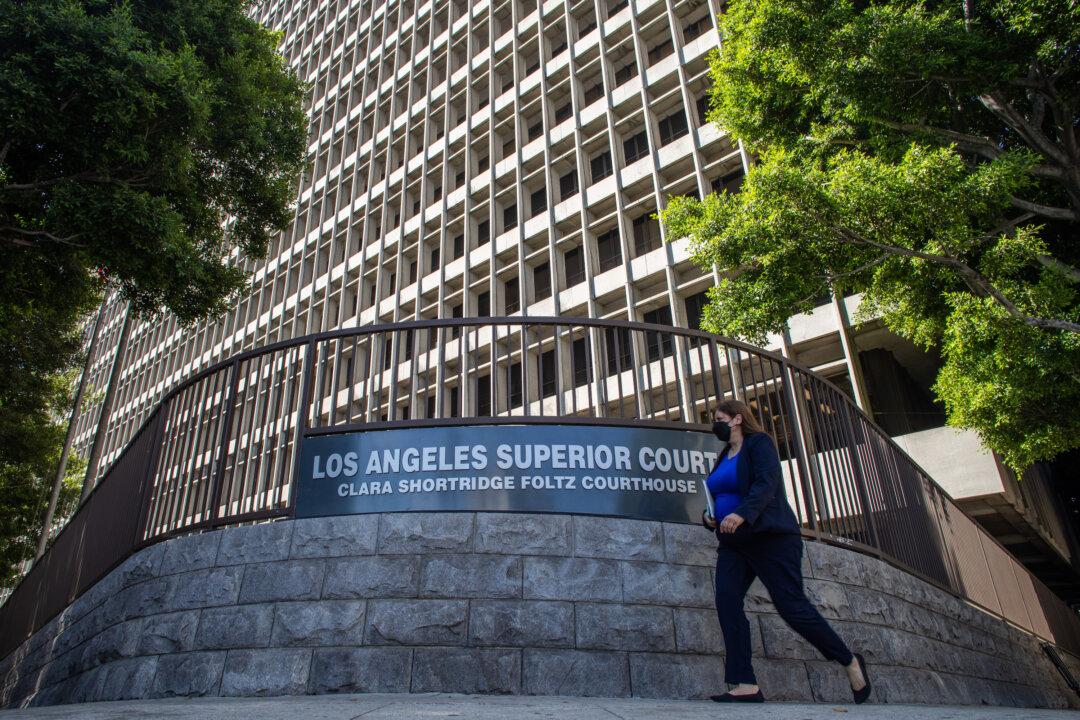An Orange County man was sentenced Sept. 26 to four years in prison for fraudulently obtaining more than $5 million in COVID-19 relief loans to buy properties in Eagle Rock, Malibu, and Irvine.
Reddy Budamala, 36, of Irvine, was also ordered to pay $5.15 million in restitution to the Small Business Administration, according to the U.S. Attorney’s Office.




